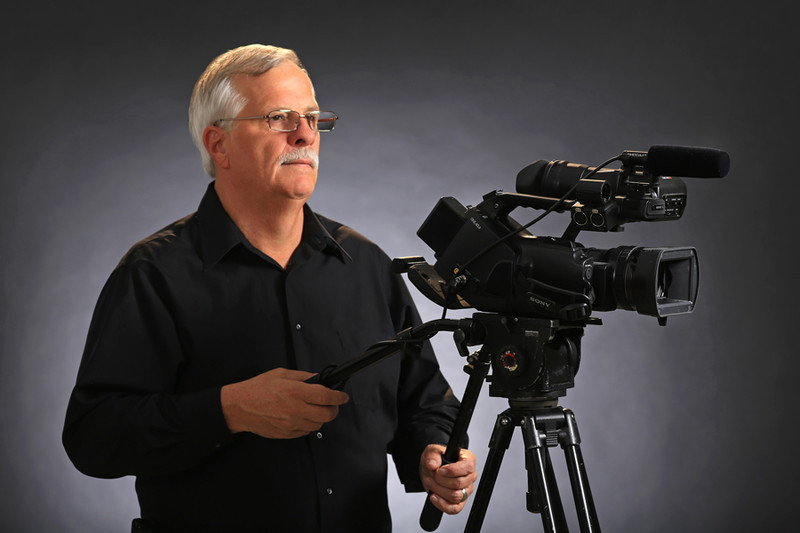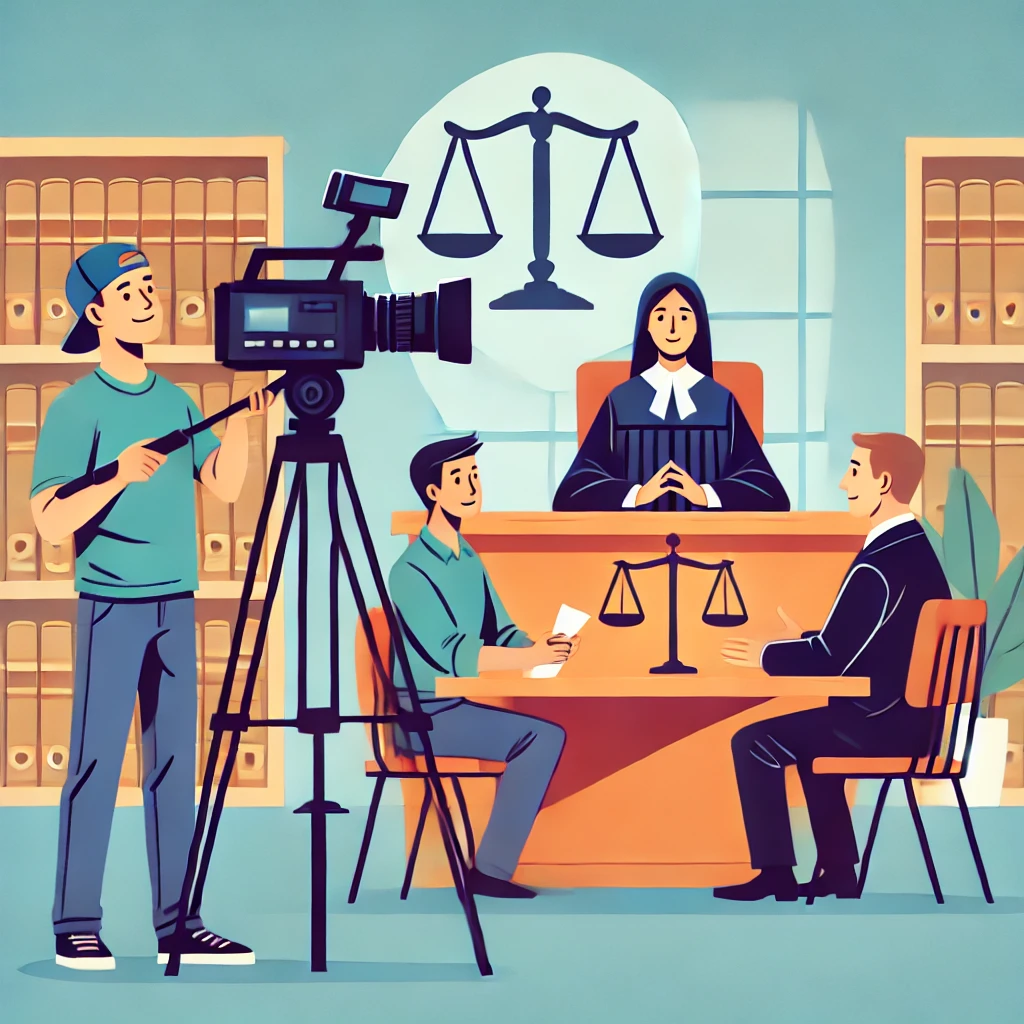The Role of Legal Videography in Depositions and Trials
Lawful videography has actually emerged as an essential device in both depositions and tests, providing a diverse strategy to documenting witness testaments. As lawful specialists significantly recognize its value, it triggers a much deeper examination of how these visual records can influence juror understandings and test outcomes.

Relevance of Legal Videography
Lawful videography plays a critical role in the documents and presentation of depositions and tests. This customized area incorporates technical skills with lawful knowledge to produce a trustworthy record of process that can substantially affect instance outcomes. The appearance of lawful videography boosts the understanding of witness testament, enabling jurors and courts to observe not only the spoken words yet likewise the temperament, emotions, and body language of the witnesses.
Additionally, lawful videography offers an objective account of occasions, minimizing the capacity for misinterpretation that can accompany created transcripts alone. This visual paperwork offers as a vital device throughout trial discussions, assisting in a clearer and even more convincing story for both complainants and defendants. Moreover, the capacity to replay video clip sectors during court process enables lawful groups to highlight key points, enhancing their disagreements efficiently.
The significance of lawful videography expands past the court room; it likewise plays a crucial role in preserving evidence for future referral, whether for allures or additional lawsuit. Therefore, its integration into the legal procedure is essential for making certain a reasonable and precise representation of the facts, eventually adding to the pursuit of justice.

Refine of Legal Videography
While recording the nuances of depositions and tests, the procedure of lawful videography involves numerous vital actions that make sure premium, precise recordings. A specialist legal videographer prepares by evaluating the situation materials and understanding the certain needs of the deposition or trial. This prep work consists of acquainting themselves with the participants and the context, which assists in capturing important details.
On the day of the recording, the videographer sets up the necessary devices, which normally consists of high-definition cameras, microphones, and appropriate illumination. Making sure optimum angles and audio quality is essential, as it straight influences the performance of the recording. The videographer communicates with attorneys and participants to establish protocols, making certain that everybody understands the recording procedure.
During the deposition or test, the videographer diligently tape-records the procedures, paying very close attention to both spoken and non-verbal cues. This consists of recording the disposition and reactions of witnesses and attorneys. After the session wraps up, the videographer may modify the footage for clarity and compliance with lawful criteria, producing an end product that precisely reflects the process for future referral and usage read here in legal contexts.
Advantages in Depositions
The unification of videography in depositions supplies many benefits that boost the general procedure of gathering evidence. One main benefit is the capability to catch witness statements with aesthetic and auditory fidelity, supplying an extra exact representation of the witness's behavior, tone, and body language. This multidimensional approach allows attorneys and courts to analyze trustworthiness better than typical written transcripts alone.
In addition, videographed depositions act as a powerful device for maintaining testament. Should a witness ended up being unavailable for trial, their videotaped deposition can be played in court, check it out making certain that their evidence stays available and pertinent. This facet substantially minimizes the risk of losing critical info that could affect situation end results.

Last but not least, videography improves the general professionalism and trust of the deposition process, instilling self-confidence in customers concerning the thoroughness of their lawful representation (legal videography). By leveraging modern technology, lawyers can significantly improve the effectiveness of depositions
Effect On Trials
In numerous tests, the integration of videography can considerably influence the discussion of evidence and the jury's understanding. Lawful videography captures witness statements and essential evidence in a vibrant style, allowing jurors to engage with the material on numerous levels. This visual element improves the narration aspect of a trial, giving context and psychological resonance that conventional text-based evidence may lack.
Furthermore, video recordings can act as powerful devices for impeachment during interrogation. When disparities arise between a witness's prior statements and their court testament, video clip evidence offers an objective referral that can sway jurors' viewpoints. This immediacy and clearness can boost the credibility of a party's narrative while concurrently weakening opposing disagreements.

Future Trends in Legal Videography
As we look toward the future of lawful videography, several arising fads guarantee to reshape its function within the courtroom. One substantial pattern is the combination of expert system (AI) in video clip evaluation and editing. AI can simplify the procedure of identifying crucial minutes in taped depositions, allowing lawyers to rapidly access appropriate web content, consequently boosting performance in case preparation.
Furthermore, the increase of virtual fact (VR) and enhanced fact (AR) modern technologies is anticipated to change just how jurors experience evidence. legal videography. By immersing jurors in a substitute environment, these innovations can offer a much more extensive understanding of complicated circumstances, resulting in even more informed considerations
Moreover, the increasing need for remote depositions, increased by the COVID-19 pandemic, will likely continue. Lawful videographers will certainly need to adjust to brand-new software and systems to make certain top notch recordings in virtual setups.
Lastly, the expanding focus on data safety will certainly require more stringent procedures for saving and sharing video proof. As the lawful landscape progresses, legal videographers should stay abreast of these patterns to maintain their importance and efficiency in the judicial procedure.
Final Thought
In recap, legal videography offers a crucial feature in the judicial procedure, enhancing the honesty of depositions and trials. As modern technology proceeds to progress, legal videography is poised to further change its duty within the lawful landscape.